The Esther Amos Foundation for Climate Change & Health Equity
(THEF-CHE)
We aim to build an inclusive climate-resilient healthcare system and communities, where decision makers, health workers and vulnerable groups are equipped with climate-related health information to adapt to the health impacts of climate change.
Our Thematic Areas
Climate Health Observatory & Surveillance Systems
Establish robust systems for data-driven planning, early warning, and evidence-based advocacy.
Technology driven early warning and risk forecasting system
Develop predictive analytics and alerts that enable communities and health systems to prepare for heatwaves, floods, disease outbreaks, and other climate-driven threats.
Capacity Building & Climate Health Training
Build general capacity, awareness and appreciation for climate change related health risks and impacts within leaders, community actors and health professionals to respond to climate-health challenges.
Climate-Resilient Healthcare Service
We provide rapid assistance to women and girls affected by climate crises, ensuring their safety, health, and dignity during emergencies.




Shocking Statistics
Only about 33% of decision-making roles in climate policy are occupied by women, reflecting a gender gap in leadership and policymaking.
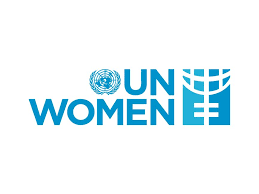
UN-women
Globally, 80% of people displaced by climate change are women.
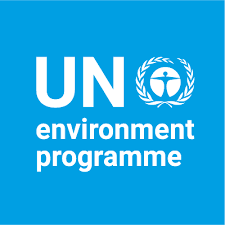
UNEP
Children in 98% of African countries are at high or extremely high risk from climate change impacts, yet only 2.4% of global climate funding target children.
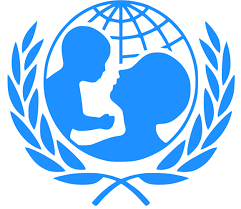
UNICEF
In a worst-case climate path scenario, by 2050 close to 160 million women and girls may be pushed into poverty as a result of climate change.

UN-women
Additionally, women make up 43% of the global agricultural labor force, yet they have significantly less access to land, credit, and climate-smart technologies than men.
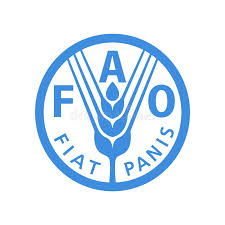
FAO
Our PROJECTS

AI-powered early-warning and climate-health risk forecasting system
Climate change is increasing health risks for underserved communities in Nigeria, especially for pregnant women, newborns, and young children. Rising temperatures, frequent floods, and poor environmental sanitation are putting more pressure on already weak health systems, leading to worrying maternal and neonatal outcomes.
To address this, we created a user-friendly digital platform that provides climate-smart healthcare support. It helps health workers, pregnant women, nursing mothers, and caregivers of children under five in underserved communities access timely climate-health alerts, essential health information, and telehealth services tailored to their needs.

CLIMATE HEALTH OBSERVATORY
TEAF-CHE Climate & Health Observatory (CHO) is a platform that brings together climate data and health data to help Nigerians understand how climate change is affecting their health. It serves as a central hub where communities, health workers, policymakers, and researchers can access reliable information, early warnings, and practical guidance.
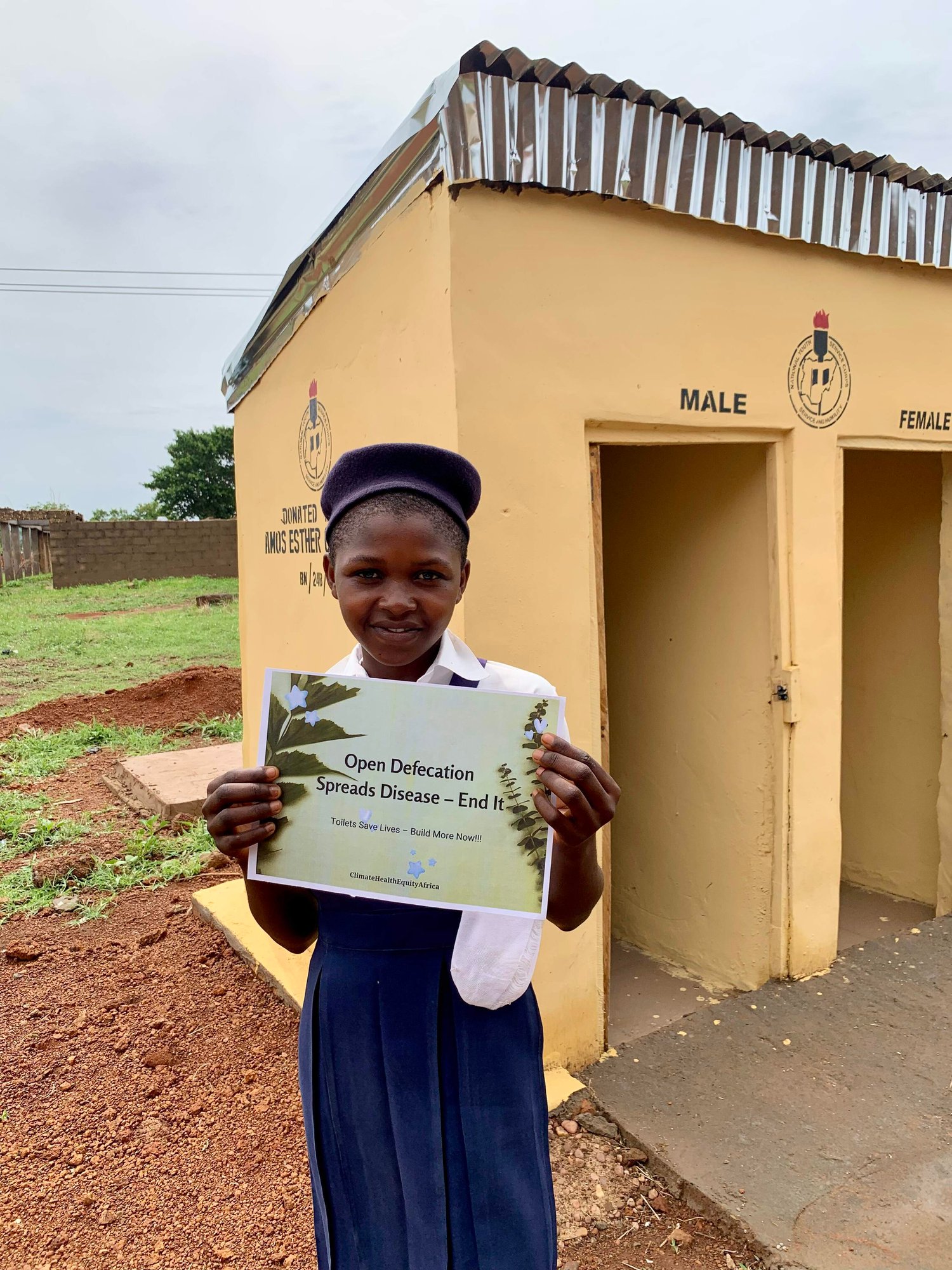
Promoting Health Through Sanitation
In Nigeria, the lack of access to safe Water, Sanitation, and Hygiene (WASH) facilities remains a critical public health challenge, especially in schools and underserved communities. Climate change is intensifying this crisis, rising temperatures, erratic rainfall, flooding, and droughts are contaminating water sources and damaging sanitation infrastructure. This exacerbates the spread of waterborne diseases, increases school absenteeism (particularly among girls), and deepens health inequities.
Addressing WASH through climate-resilient solutions is essential to safeguarding public health and achieving environmental justice.
QUOTES FROM WORLD LEADERS
"We are the first generation to feel the effect of climate change and the last generation who can do something about it"
Barack Obama
"It's not climate change that needs to be tackled. It is the political power of the fossil fuel industry"
Richard Denniss
"Tackling climate change is closely linked to poverty alleviation and economic development; I would call them different sides of the same coin"
Paul Polman
Our Blogs/Articles
Our BLOGS
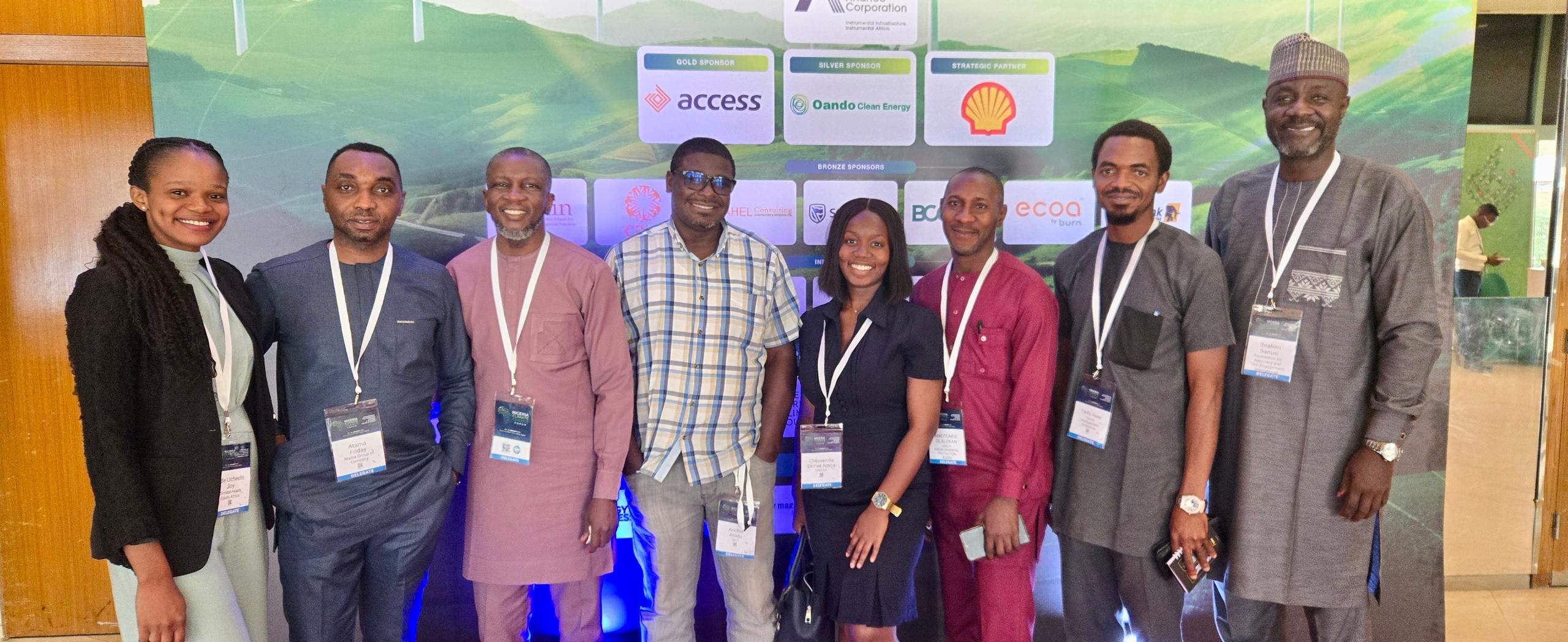
CHEA Attends the Nigeria Climate Change Forum
We are proud to announce that Climate Health Equity Africa (CHEA) was invited to participate in the 2025 Nigeria Climate Change Forum, held at Transcorp Hilton, Abuja
READ MORE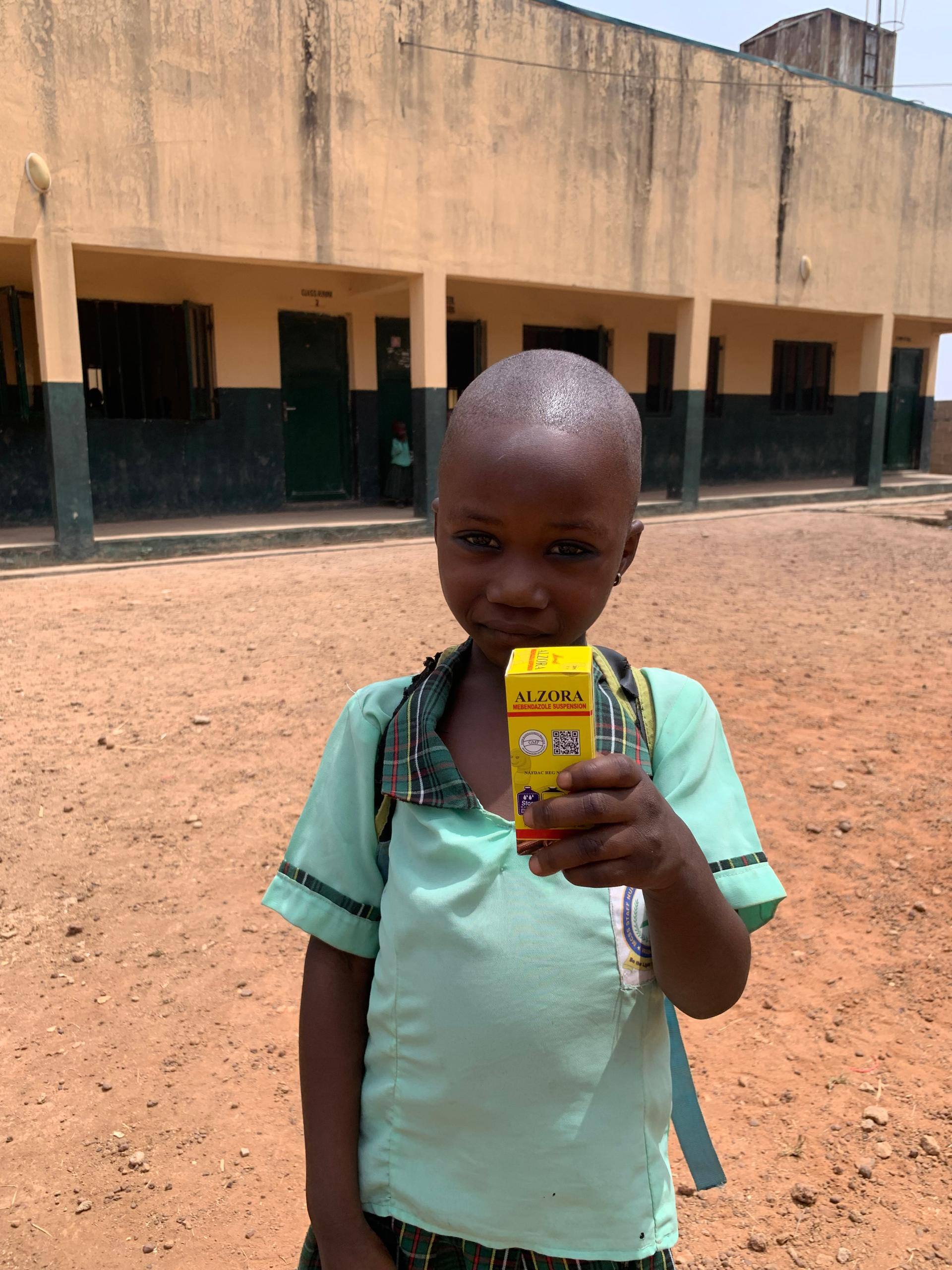
Deworming: Climate Resilience Among Vulnerable Children in Nigeria.
In February 2025, our team carried out a deworming initiative across three public primary schools in Wannune community, Tarka LGA, Benue State, Nigeria.
READ MORE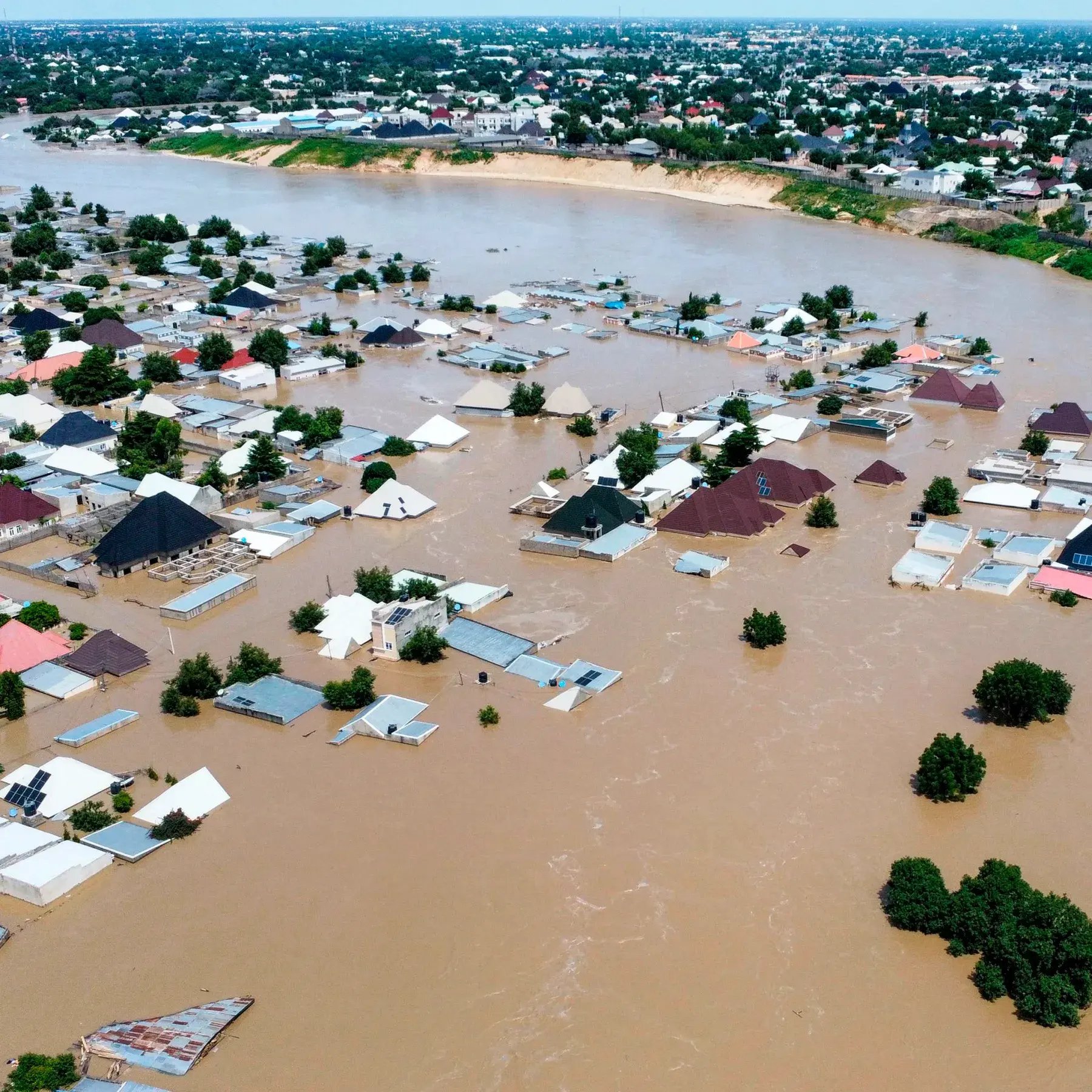
How Climate Change is Affecting Health in Nigerian Communities
The climate crisis is not just an environmental issue—it’s a health emergency. In Nigeria, it’s impacting how we live, what we eat, the air we breathe, and even how long we live.
READ MORE